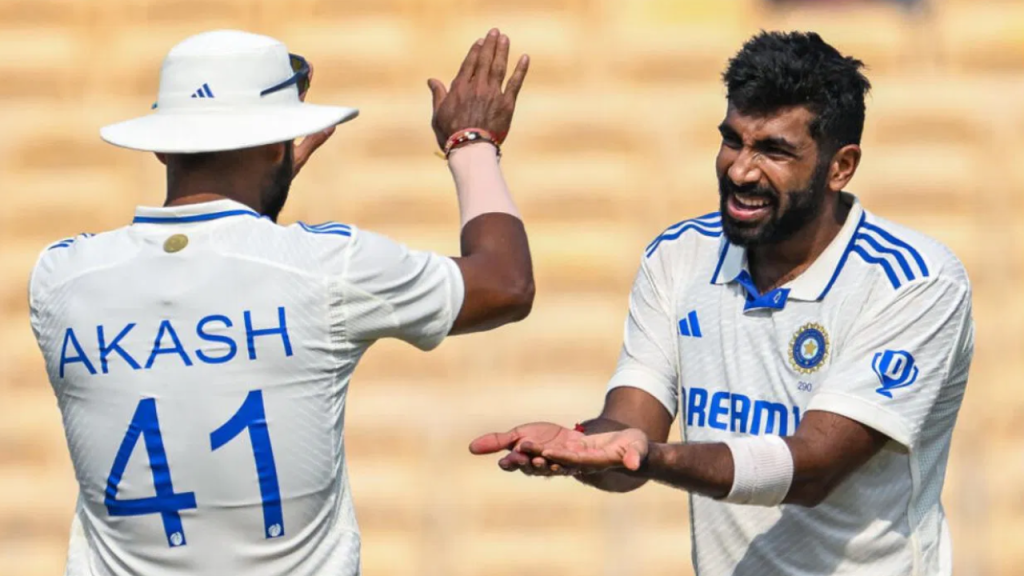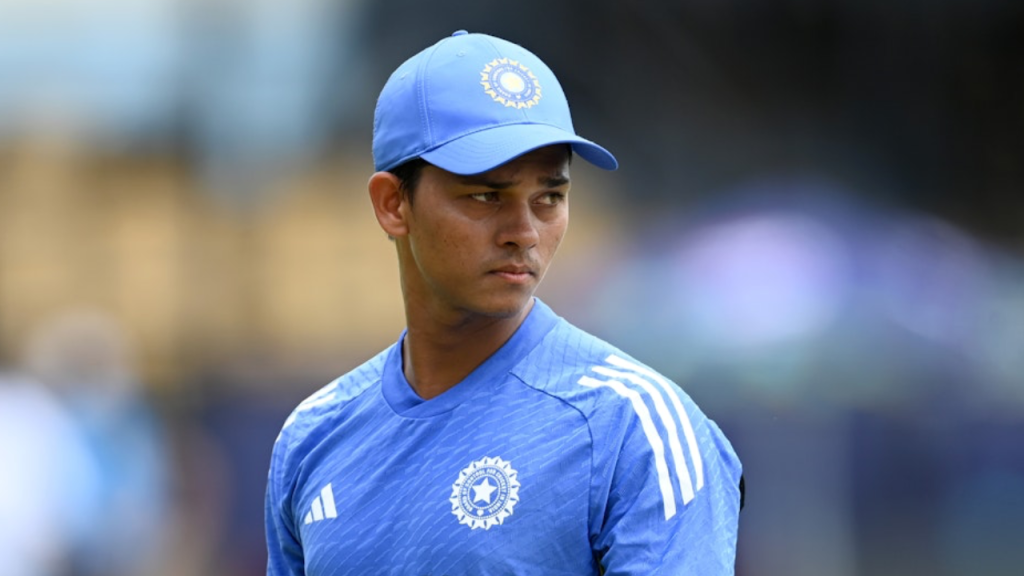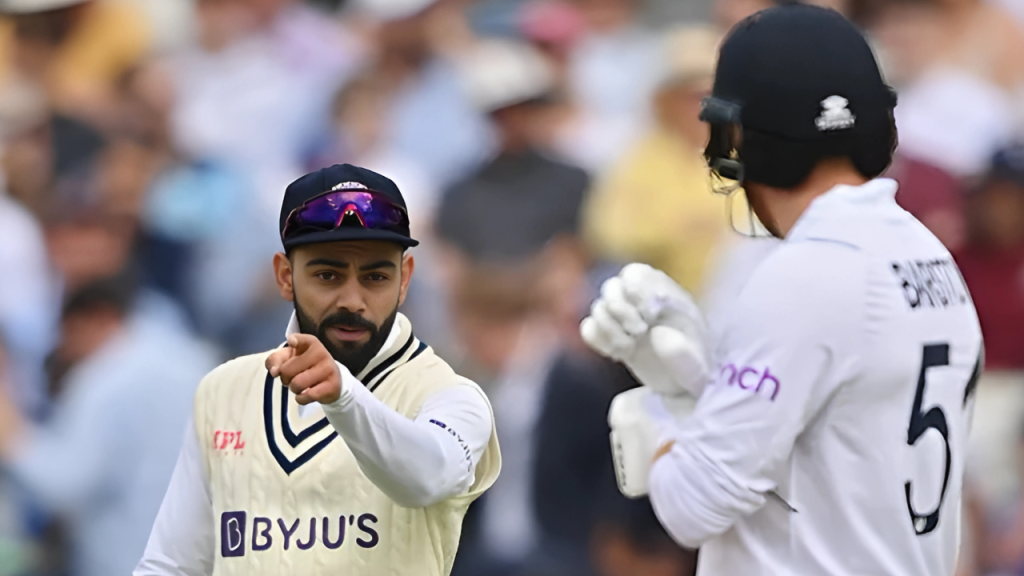Brendon McCullum, known for revolutionizing England’s Test cricket with his ‘Bazball’ philosophy, has now been tasked with the dual role of coaching both the Test and white-ball teams for England. This appointment, effective from January 2025, marks a significant shift in England’s cricketing strategy, aiming to unify the vision across formats. However, this ambitious venture comes with its set of challenges, which McCullum must adeptly navigate to maintain England’s competitive edge in white-ball cricket.
1. Balancing Dual Responsibilities
The most immediate challenge Brendon McCullum faces is managing his dual coaching roles. Historically, England has oscillated between split and unified coaching setups, each with its pros and cons. McCullum’s appointment suggests a return to a unified vision, which could streamline strategy and player development across formats. However, the sheer volume of cricket, especially with international schedules becoming increasingly congested, might stretch his attention thin. Ensuring that both teams receive adequate focus without compromising on the quality of coaching will be crucial. McCullum’s approach, which has been successful in Tests, needs adaptation for the quicker formats, where tactics, player roles, and even team culture differ significantly.
2. Integrating Multi-Format Players
England’s cricketing strategy often involves players who are expected to perform across formats. This integration poses a challenge in terms of workload management, skill adaptation, and mental fatigue. McCullum, who has thrived on aggressive cricket in Tests, might find the transition challenging for players like Ben Stokes or Jos Buttler, who have had varying success in white-ball cricket. The need to switch mental gears between the patience of Test cricket and the dynamism of T20 or ODIs could affect performance. McCullum’s task will be to not only manage these players’ physical fitness but also ensure their tactical acumen and mindset align with the demands of white-ball cricket.
3. Rejuvenating the White-Ball Squad
England’s white-ball team, while having tasted success, has shown signs of needing a refresh, especially post the 2023 World Cup and the T20 World Cup in 2024. McCullum’s challenge here is twofold: rejuvenating the existing squad’s morale and integrating new talents. The retirement or phasing out of senior players opens up spots, but finding the right balance between experience and youth, especially in a format where innovation and adaptability are key, will test McCullum’s coaching acumen. His reputation for fostering a fearless, attacking style could be the catalyst needed, but adapting this ethos to the nuances of white-ball cricket, where risk management is as crucial as risk-taking, will require a nuanced approach.
Brendon McCullum’s appointment as England’s white-ball coach alongside his Test duties is a bold move by the ECB, aiming to harness his transformative approach across cricket formats. However, the road ahead is fraught with challenges that test not just his coaching skills but also his ability to manage, inspire, and adapt. From balancing his dual roles to managing multi-format players and rejuvenating the white-ball team, McCullum’s journey will be closely watched, not just for England’s immediate success but for the long-term vision it sets for English cricket. His success in this role could redefine how coaching roles are perceived and executed in modern cricket, potentially setting a new template for others to follow.





